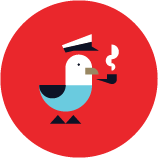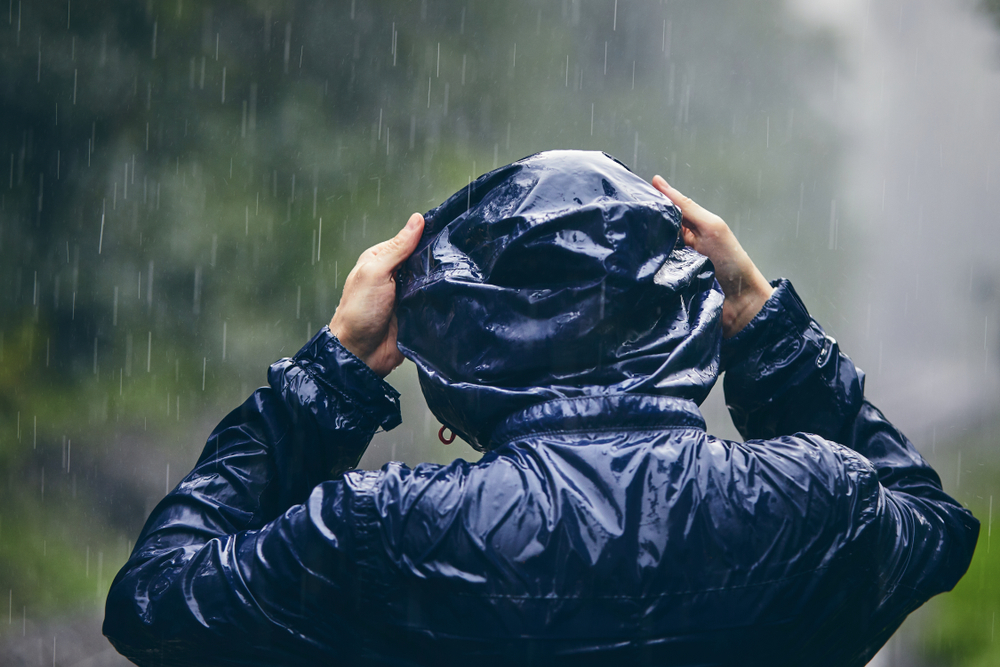Whether celebrating your significant other or your merry band of platonic mates, planning a getaway aboard can present some unique...
I refuse to believe I’m simply a “city girl,” and just not the outdoorsy type. Although I prefer concrete to dirt paths, I still enjoy hikes, camping, sailing, biking, kayaking, etc. Additionally, I love to travel and experience new places. It’s not a matter of physical excursion either, as I’ve always remained in good shape and health. But the same advancements in technology The Wanderlust Group uses to make exploring the world more accessible have ensured that I never have to leave the lowly four corners of my Boston apartment.
The Problem with Digital Overload
I must ask, how could it be me when I can have anything I want––takeout, groceries, clothes, medication, and more––brought to my doorstep in a matter of clicks and keystrokes? Zoom calls and FaceTime can facilitate my social interactions with family and friends. I can even travel to remote destinations around the globe in the comfort of my living room.
According to National Geographic, “many would-be adventurers turned to virtual reality (VR) to bring them to Machu Picchu or the Galápagos Islands” during the height of the global pandemic. So it’s not far-fetched to think someone somewhere will or has invested in innovating technology many believe to be a viable solution to “overtourism.”
It’s repeated time and time, the automation and technology that make our lives easier also make it just as challenging. We all recognize this, absolve ourselves from the blame, but still accept it, so who’s responsible for fixing it? Are we all still liable?
As the global pandemic forced us indoors and isolated us from the people and places we love, we’ve likely seen the adverse effects of digital overload. “Digital Overload” is defined as an information burden from technological devices. As a result of the pandemic, adults spend about two-thirds of the day interacting with some form of media, and it’s affecting our physical and mental health.
The constant electronic stimuli cause our brains to remain in a hyper-alert and distracted state––even when our devices are off. When we spend too much time on our phones, tablets, and laptops, consume too much information, or use more than one gadget at a time, it leaves us distracted, anxious, exhausted, and in severe cases depressed.

An Increasingly Clear Solution
We’re more disconnected from nature than ever, and it’s arguably the solution to America’s current mental health crisis. According to the American Psychological Association and other relevant studies, time outside would increase our happiness, boost productivity, reduce stress, and tame burnout. Cynthia Frantz, Ph.D., a professor of psychology and environmental studies at Ohio’s Oberlin College, believes, “spending time in nature has cognitive benefits, [and] emotional and existential benefits that go beyond just being able to solve arithmetic problems more quickly.”
To some, this simple task is easier said than done. But, if all it takes to combat our collective experiences with digital overload is quality time outdoors, shouldn’t we all be willing to put down our devices? Aren’t we at least obligated to try? For me, the short answer is yes.
If, like me, you don’t plan to climb a mountain anytime soon, there are still plenty of other attainable activities we can do to hit a baseline goal of 20 minutes a day, three times a week.
I don’t believe to be “outdoorsy,” one must go cliff jumping, hang gliding, or skydiving. Instead, you can plant a garden, take your workout outdoors, or even watch the sunset from your backyard. To me, a walk to my local Starbucks for a large caramel macchiato with almond milk should suffice. I’m still a city girl, after all.
What’s most important is to find your interpretation of the outdoors and time (20 minutes won’t kill you) in your day-to-day life to turn off your devices. Our health, and ultimately our lives, depend on it, not to be dramatic.
Stay up to date with our blog and join the conversation on Facebook, Twitter, and Instagram.





